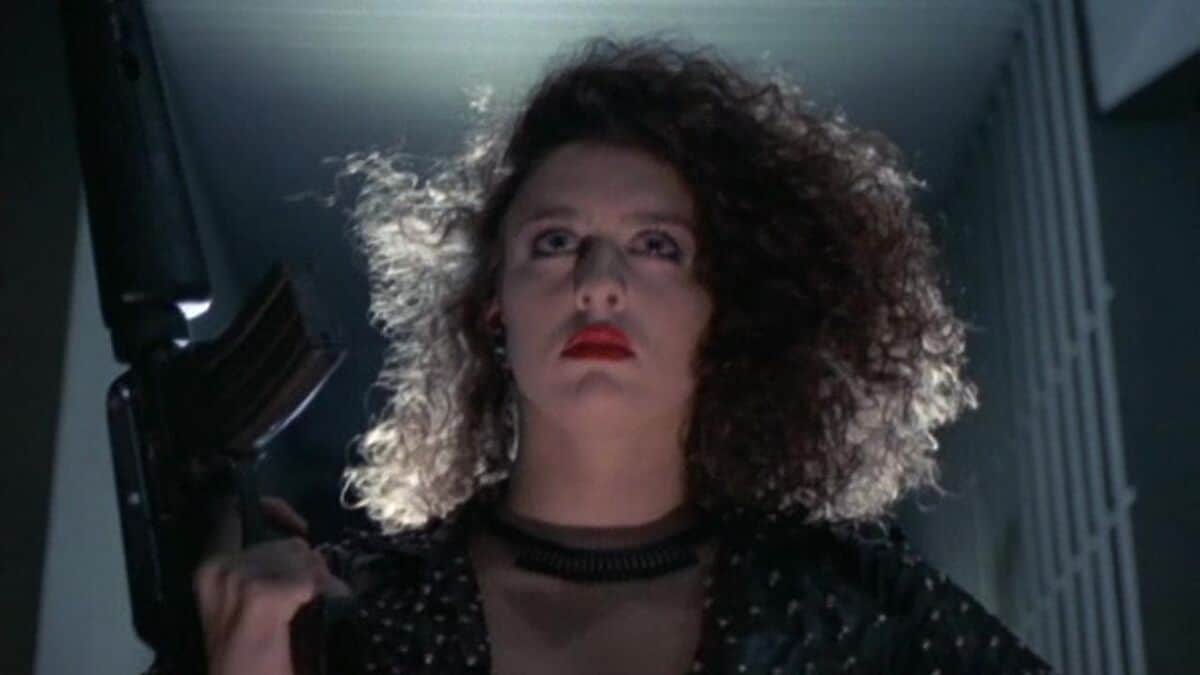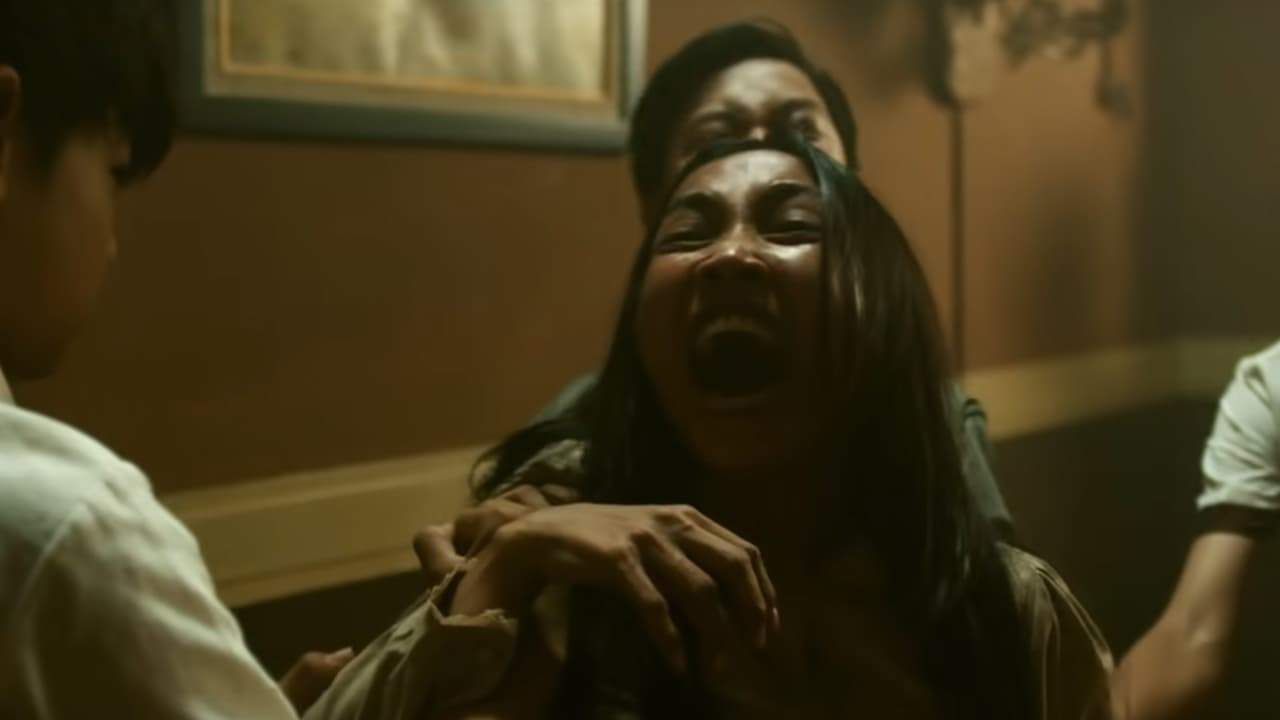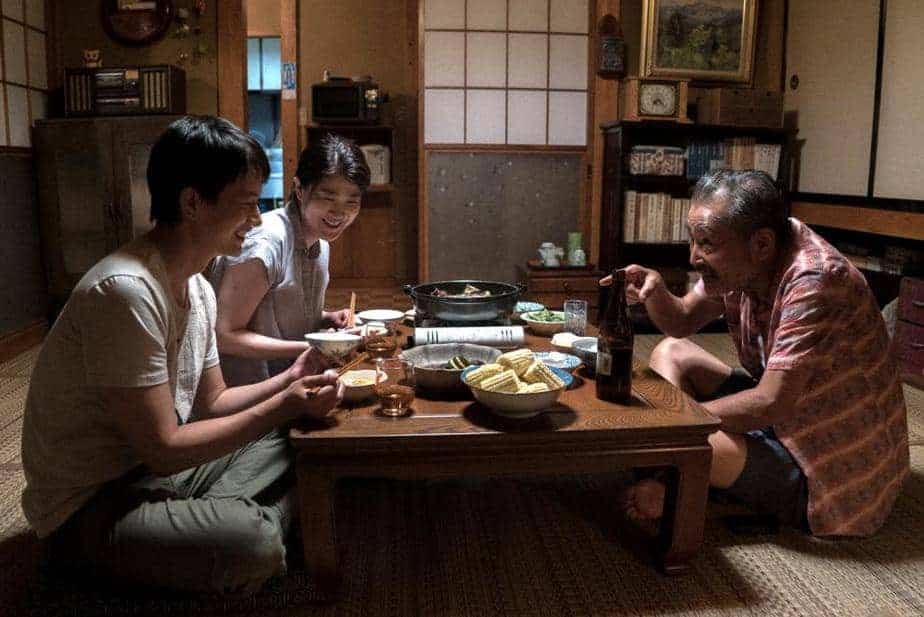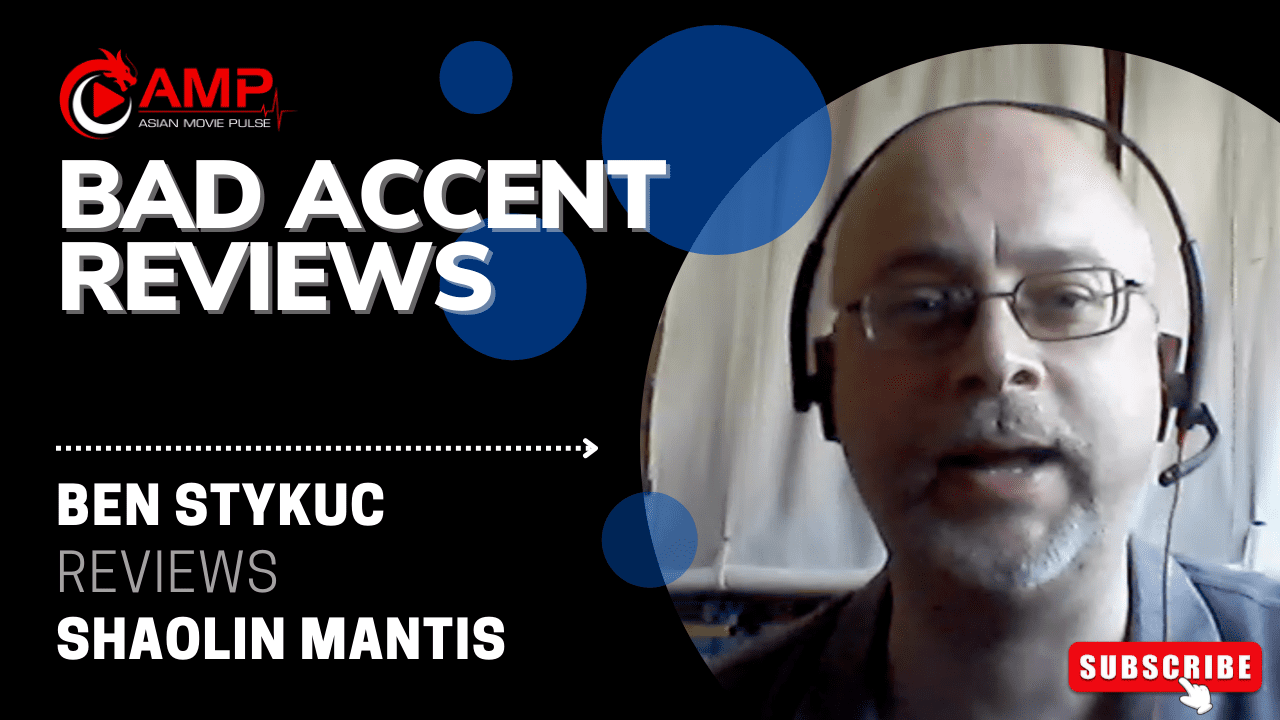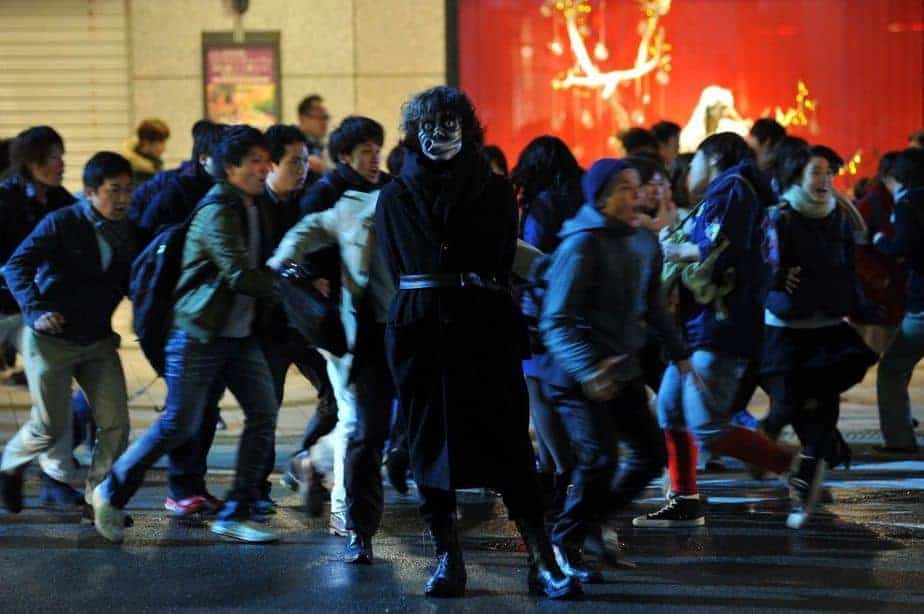If there is something we could call a trend judging from the selection of Asian films at PÖFF, it is stories about strong women told by men who are listening to female’s voices and observe what is going on around them. In the light of current events in Iran, Ahmad Bahrami’s monochrome drama “The Wastetown” is devastatingly mind-boggling. The script draws directly from the wellspring of everyday life in Iran, focusing on one woman’s fight for personal justice. With dialogues crafted with straightforward simplicity of conversation that happen off screen, but pregnant with meaning, Bahrami returns to a solitary hero with an impossible mission. Entirely shot on a scrapeyard battered by the wind and surrounded by snowy mountains, the film profits from the claustophobic setting that makes its protagonists feel the full weight of psychological entrapment.
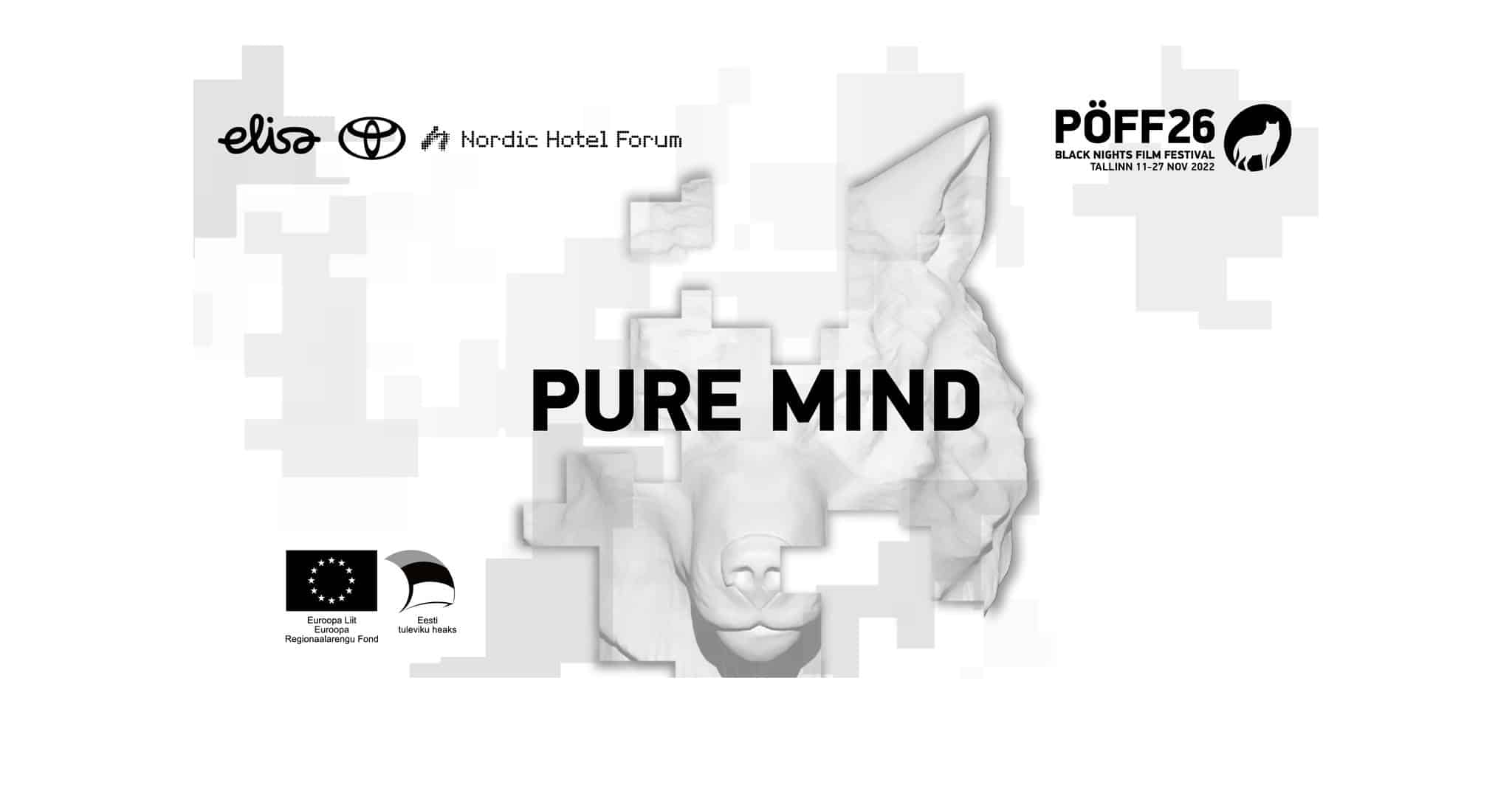
The only time we see someone outside this gated graveyard is during the first five minutes that introduce Bemani (Baran Kowsari), a 30-year-old woman stubbornly trying to enter this men-only micro world. She is interrogated by a guard the way a criminal inspector would do it, and she is immediately showered by indirect accusations of immoral conduct on the base of very simple – for a westerner very common answers. This is just the beginning of an endless power game Bemani is challenged with for the simple reason that she is a woman. Her sudden appearance doesn’t stay mysterious longer than her exchange of words with the guard, when she finally has to open her cards to be granted access to the premises.
“The Wastetown” is the second film of Bahrami’s trilogy about three individuals who are trying to find a way out of their perpetual suffering. The first part – “The Wasteland“, a multiple award winning drama that celebrated its world premiere in the Orizzonti Competition in Venice 2020, continues to influence the rest of trilogy not only by lending its adjective to the titles of the other two films, but also through its visual standards. The photography is again black and white, handled by Masoud Amini Tirani whose camera is unobtrusively moving with the subjects. Contrasts and shadows are used to enhance the feeling of emergency, aided by the descreet, meek score composed by Foad Ghahremani. The sound of accordeon is muffled and beautifully melancholic, and it plays its own role in the film without manipulating sentimens. It’s a rare example of a complete harmony between the score and the movie plot.
“The Wastetown” unites two great Iranian actors, the theatre and film performer Ali Bagheri as Ameri, aka Ebi (also in Bahrami’s previous film), and Baran Kowsari, in the lead role. Accepting those roles meant to swim upstream; the insinuation about the past affair of the two main protagonists is one of the taboo-breaking details in the movie, such is also the revelation that the reason for Bemani’s 10-year-long prison sentence was the murder of her husband, Ebi’s brother. His refusal to testify saved her life, and made the authorities temporarily release her from prison. Listed like this, something does not sound quite right. This is because behind the words in and the image in “The Wastetown”, there is another layer, the one of the domestic violence, and violence will be served in the one and only scene that requires it, and which luckily leaves no woman harmed. The other kind of verbal, passive-aggressive violence against Bemani will be a constant thing, and her refusal to take it seriously, patiently waiting for a grain of reason to win over machism will be on the other hand, her protection shield.
Bahrami uses a number of betweenliners to express the emotional complexity of his lead’s hardships. The words hang in the air, a hint or two is thrown at us, just enough not to reveal too much. Plotwise, everything is clear as day. Now out, Bemani seeks her son who was taken away from her in prison at the age of two. She knows only one address, and only one person who would maybe want to help her. At the same time, she knows that her quest is condemned to fail which is why she can not afford to show weakness, especially not to men who decide about her son’s life. A child is ‘sold’, he has ‘a better life’, and she can ‘have other children’ is something she gets to hear and finally, there is only one road to take.
“The Wastetown” is a film of poetic beauty and sadness that will break your heart. After its well deserved success at Tallinn Black Nights, with Ahmad Bahrami collecting his Best Director award, the movie will travel and conquer further festivals.




